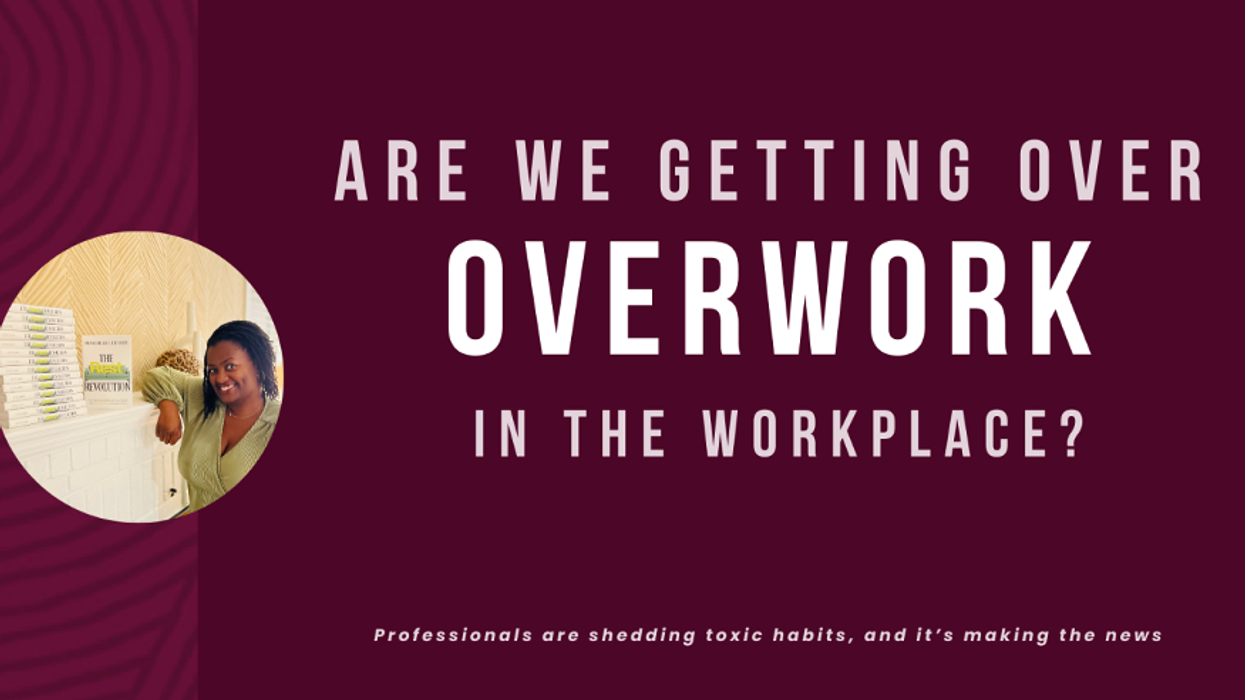Work burnout has become a pervasive issue in the modern workplace, affecting individuals across industries and professions. This phenomenon, characterized by chronic stress, emotional exhaustion, and a sense of ineffectiveness, poses serious dangers to both mental and physical health. Understanding the risks associated with burnout and implementing strategies to combat it is crucial for maintaining a healthy and productive workforce.
The Dangers of Work Burnout
- Mental Health Impacts: Burnout can lead to a range of mental health issues, including anxiety, depression, and a sense of detachment from work and personal life. A study published in the journal World Psychiatry found that individuals experiencing burnout are at a significantly higher risk of developing depression and anxiety disorders . The chronic stress associated with burnout can also impair cognitive function, leading to difficulties in concentration, decision-making, and memory.
- Physical Health Consequences: The physical toll of burnout is equally concerning. Prolonged exposure to stress hormones like cortisol can weaken the immune system, increasing susceptibility to illnesses such as colds and infections. Research from the American Heart Association indicates that chronic stress, including burnout, is linked to an increased risk of cardiovascular diseases, including heart attacks and stroke . Moreover, burnout has been associated with sleep disturbances, chronic fatigue, and gastrointestinal issues, further compounding its impact on physical well-being.
- Reduced Productivity and Job Satisfaction: From an organizational perspective, burnout leads to decreased productivity, higher absenteeism, and increased turnover rates. Employees experiencing burnout are often less engaged and less committed to their work, which can result in diminished job satisfaction and a decline in overall performance. A report from Gallup found that burned-out employees are 63% more likely to take a sick day and 2.6 times as likely to be actively seeking a different job .
Strategies to Combat Work Burnout
- Promote Work-Life Balance: Encouraging employees to maintain a healthy work-life balance is crucial in preventing burnout. This can be achieved by promoting flexible working hours, remote work options, and ensuring that employees take regular breaks and vacations. Organizations can foster a culture that respects personal time and discourages overwork, helping employees to recharge and return to work with renewed energy.
- Provide Mental Health Support: Offering mental health resources, such as counseling services, stress management workshops, and mental health days, can significantly reduce the risk of burnout. It is essential for organizations to create an environment where employees feel comfortable seeking help and discussing their mental health without fear of stigma or repercussions.
- Encourage Open Communication: Open communication between employees and management is key to identifying and addressing the early signs of burnout. Regular check-ins, feedback sessions, and anonymous surveys can help managers understand the challenges their employees are facing and take proactive steps to alleviate stressors. Creating a supportive environment where employees feel heard and valued can go a long way in preventing burnout.
- Promote Physical Well-Being: Encouraging physical activity and healthy lifestyle choices can help mitigate the effects of burnout. Organizations can offer wellness programs, gym memberships, and initiatives that promote regular exercise, healthy eating, and adequate sleep. Physical activity is known to reduce stress levels, improve mood, and boost overall health, making it a powerful tool in combating burnout.
- Recognize and Reward Efforts: Acknowledging and rewarding employees for their hard work and achievements can boost morale and reduce feelings of burnout. Recognition programs, bonuses, and opportunities for professional development can make employees feel valued and appreciated, motivating them to continue performing at their best without feeling overwhelmed.
Work burnout is a serious and widespread issue that can have devastating effects on both individuals and organizations. By understanding the dangers associated with burnout and implementing proactive strategies to combat it, employers can create a healthier, more resilient workforce. Prioritizing mental and physical well-being, fostering open communication, and promoting a balanced approach to work can help prevent burnout and ensure long-term success for both employees and organizations.
Citations:
- World Psychiatry. “Burnout and the Risk of Depression and Anxiety.” World Psychiatry Journal.
- American Heart Association. “Stress and Heart Disease.” AHA Journal.
- Gallup. “Employee Burnout: Causes and Cures.” Gallup Report.















 Dr. Cary S. Kaufman teaches the "Essentials of Oncoplastic Surgery" course through the National Consortium of Breast Centers, providing breast surgeons around the world with advanced techniques for optimal breast surgery outcomes.
Dr. Cary S. Kaufman teaches the "Essentials of Oncoplastic Surgery" course through the National Consortium of Breast Centers, providing breast surgeons around the world with advanced techniques for optimal breast surgery outcomes.